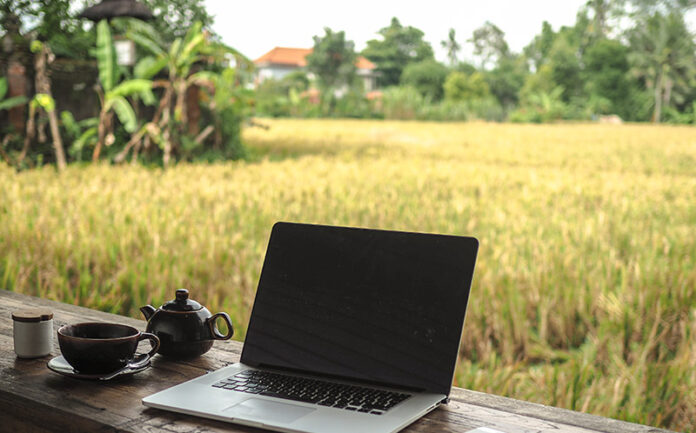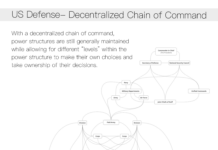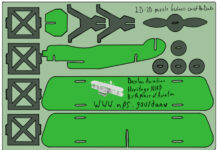Overview:
As freelancing grows in the mainstream and normal office workforces go remote, it’s interesting to consider the alternate possibilities to the typical office space. Outsite is an example of the defined and legitimized “digital nomad” working lifestyle that offers more possibility and flexibility than the typical workday. This is not yet perfect, though – real estate is expensive and so is membership. Community can be hard to come by, and is absolutely critical. Tourism in this capacity could also be problematic or exploitative. And no work is fully asynchronous, limiting travel options.
Key Takeaways:
- There’s precedent for work tourism as an idea, but it caters to exotic locales
- The idea, Outsite, is taking advantage of less expensive real estate caused by the widespread adoption of remote work
- Community is a critical part to the success of the “digital nomad” lifestyle
Excerpts:
- Emmanuel Guisset’s start-up Outsite… offers professionals co-living and co-working spaces around the world in locations including Hawaii, Mexico, Portugal, Bali and the U.S. West Coast
- “Newly remote professionals still need to abide by hours, which is fine, but it is not hard to work from 1pm -9pm or 2pm-10pm in Europe.”
- It can get lonely so community is important
- “When you are working, not just vacationing, it almost makes it easier to be more mundane in terms of routine,”
- “One of the big things I heard was, ‘I miss human contact with co-workers.’
- “Some people can’t work remote,” Dyson said. “I think the big challenge is not a metric measuring the productivity of all people doing it, but finding those who can.”
- Outsite…is currently raising a real estate fund to buy distressed hospitality properties in areas it thinks will be popular post-Covid.




